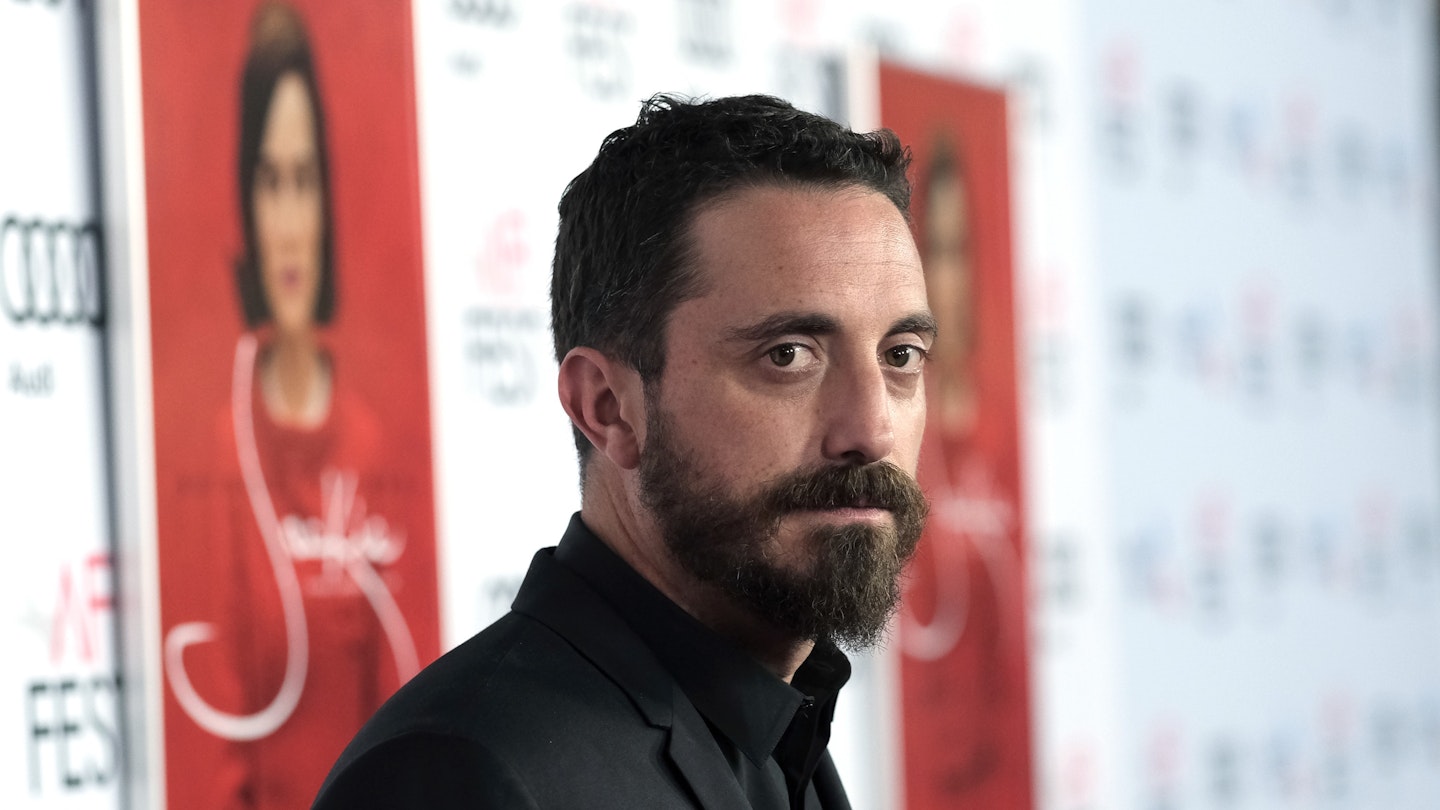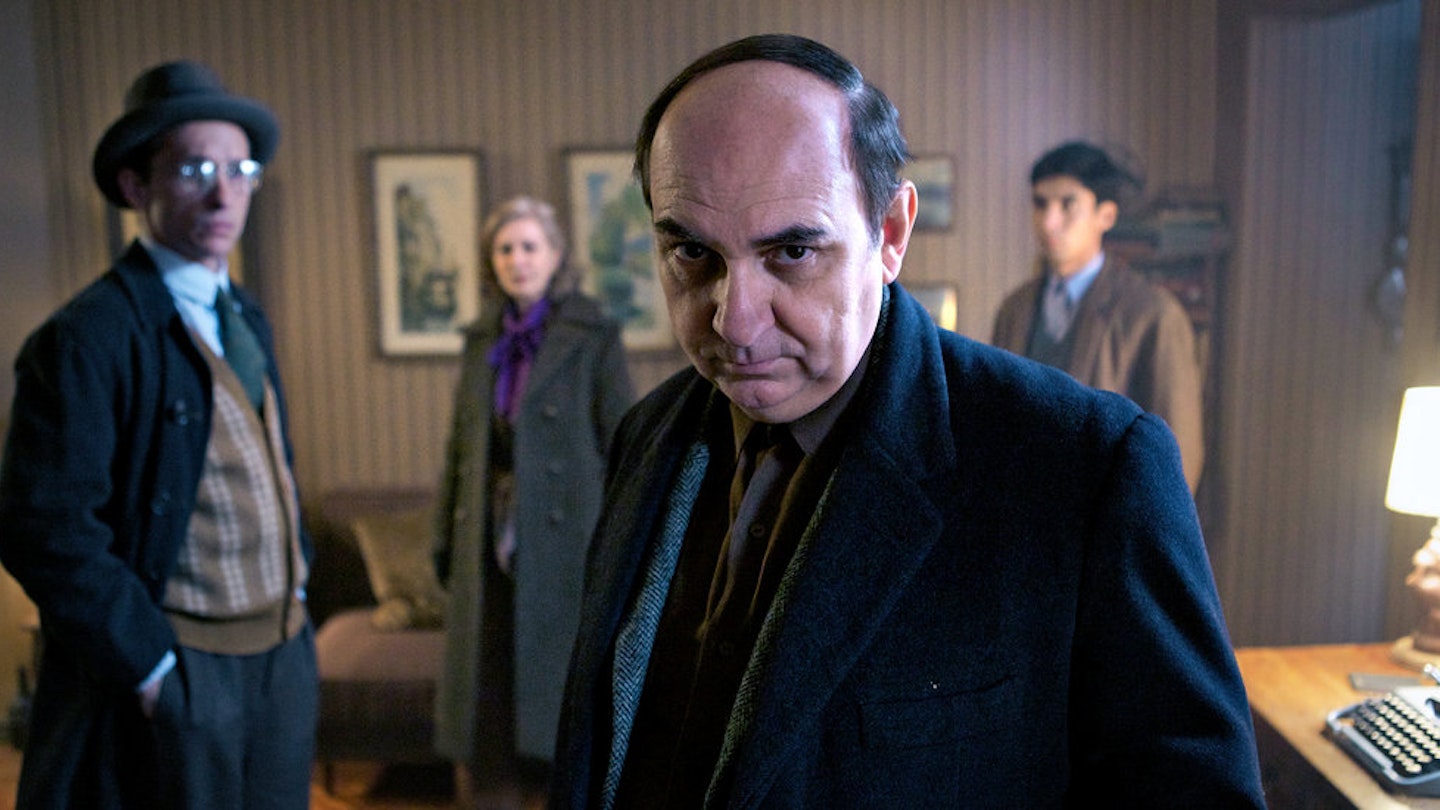Elegant, intimate and always playful (watch out for some old-fashioned back projection and one of the sight gags of the year), Pablo Larraín’s latest comes to UK cinemas hot on the heels of Jackie (although he filmed it first). Neither a standard biopic nor a conventional chase movie, it fuses both into a grand narrative experiment that imagines the battle of wits between a poet, Chilean great Pablo Neruda (Luis Gnecco), and policeman (Gael García Bernal) — artist versus repressor — as a noirish travelogue where nothing is quite as it seems.
Unlike Il Postino, the 1994 Oscar-winner set two years later that had Neruda using his literary skills to help a humble postie woo his true love, this finds ‘Don Pablo’ a hedonistic but haunted figure. He’s on the run from his homeland’s repressive anti-Communist regime, but still makes time for his twin passions — women and words. Larraín doesn’t spare his countryman in the former domain. His protagonist is a boozy, brothel-frequenting bon viveur whose high ideals rarely stretch to considering the feelings of his wife (Mercedes Morán). Yet, he’s redeemed in the latter. Crowds are held rapt at his political poems. He’s a reminder that you don’t have to mangle your native tongue to be a populist orator.
A noirish travelogue where nothing is quite as it seems.
It’s this kind of rabble-rousing power the new regime’s ultimate paymaster, America (“the empire of the north”), wants crushed at the source, so Gael García Bernal’s detective Peluchonneau is sent to arrest him. Having presumably graduated from the same trail-sniffing school as Butch Cassidy And The Sundance Kid’s super posse or Yul Brynner in Westworld, Peluchonneau has an uncanny nose for his mark’s movements, stalking him across the country. How he manages to be in the right place at almost exactly the right time is cloudy for reasons later made clear, though it makes for several narrow squeaks as the poet is ushered from one hiding place to another.
García Bernal plays the dogged ’tec as an almost hapless figure, a man with all the power but no control, as he finds himself foiled time and again in his quest to bring the ode-botherer to heel. The
pair share hardly any screentime, yet by cutting judiciously between them, Larraín creates an eerie bond between two men locked in a shared destiny. It’s one that eventually leads to the snows of the spectacular Andes and a denouement with surprising shades of The Revenant.
Larraín’s long-term cinematographer Sergio Armstrong, who suffered through Revenant-like conditions to capture the sub-zero climax, has shared his director’s restless creativity across
five wildly distinctive movies. The pair’s last collaboration, clerical drama The Club, was drab, wintry and claustrophobic; here, despite the constraints of its budget, the look is painterly and cinematic. It’s an arthouse movie with an IMAX eye.
As with the cool Jackie and his sparky, lo-fi referendum drama No, Larraín’s primary interest is in people, not politics. Against a backdrop of Big Events (Pablo Picasso and a young Augusto Pinochet both make fleeting cameos), we’re never drawn far from the hunted artist and his inner circle. He’s not afraid to burst Neruda’s bubble either, casting comic actor Luis Gnecco as a poet politician with a visible streak of vanity. Gnecco played David Brent in the Chilean version of The Office and adds a touch of Brent-like self-regard to him. This Neruda is a poet first, lover second, and probably a Communist third.


